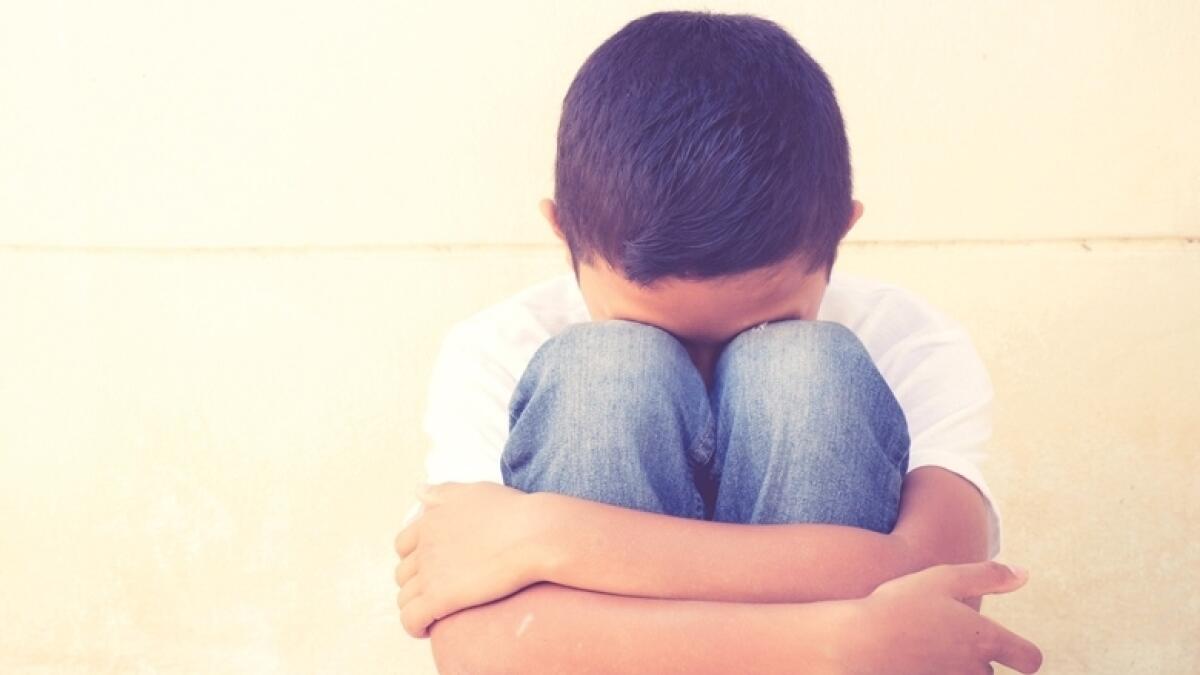Bullying is a serious issue in schools worldwide, including the UAE. To combat this problem, schools in the UAE have adopted a zero-tolerance policy towards bullying. This approach ensures that all incidents of bullying are taken seriously, and necessary actions are taken promptly. Schools also offer anonymous reporting options, peer mentoring programs, and anti-bullying policies that are reviewed regularly to stay in line with national and international developments.
In addition to having a structured reporting policy for bullying, schools in the UAE have implemented secure online forms to allow individuals to report incidents anonymously if they prefer. This system, accessible via a QR code placed around the school, directs the user to a secure online form managed by school counselors where they can provide details of the incident. The school then addresses the situation swiftly, involving the necessary parties while ensuring the safety and well-being of the students involved.
Schools in the UAE take a student-centric approach to handling bullying incidents. This approach involves the involvement of student Mental Health First Aiders (tMHFA), Anti-Bullying Student Committees, and Wellbeing Champions. These individuals work together to address bullying situations effectively and ensure the well-being of all students. Student Leadership Teams are also trained to identify bullying behavior, provide immediate support to their peers, and help de-escalate situations by offering a listening ear.
Some schools in the UAE have adopted evidence-based international anti-bullying programs to address bullying effectively. One such program, the KiVa Anti-Bullying Program developed by the University of Turku, Finland, is integrated across all grades at Jumiera Baccalaureate School in Dubai. When a bullying case is reported, the KiVa program provides a structured procedure for staff to investigate the situation thoroughly and implement appropriate consequences in line with the school’s behavior policy.
Recognizing the signs of bullying is crucial in preventing and addressing such incidents. Schools in Dubai emphasize the role of the ‘Designated Safeguarding Lead’ (DSL) or teams responsible for child protection in identifying and addressing bullying behavior. By fostering an environment where students, teachers, and parents understand the signs and harmful effects of bullying, schools can create a proactive culture of prevention. Some signs of bullying include increased anxiety, depression, mood swings, unexplained injuries, torn clothes, damaged belongings, and social withdrawals.
Disciplinary action for bullying incidents in UAE schools is enforced in a fair and consistent manner, taking into consideration special educational needs, disabilities, and the specific needs of vulnerable students. Fixed-term exclusions may be considered for severe and persistent cases of bullying, and schools may involve other agencies to ensure the long-term emotional well-being of the students involved. Additionally, some schools have peer mentoring programs where older students support younger ones in handling social challenges like bullying. Parents are also actively engaged in the process, with schools frequently liaising with them to create a safe and supportive environment for all students.








